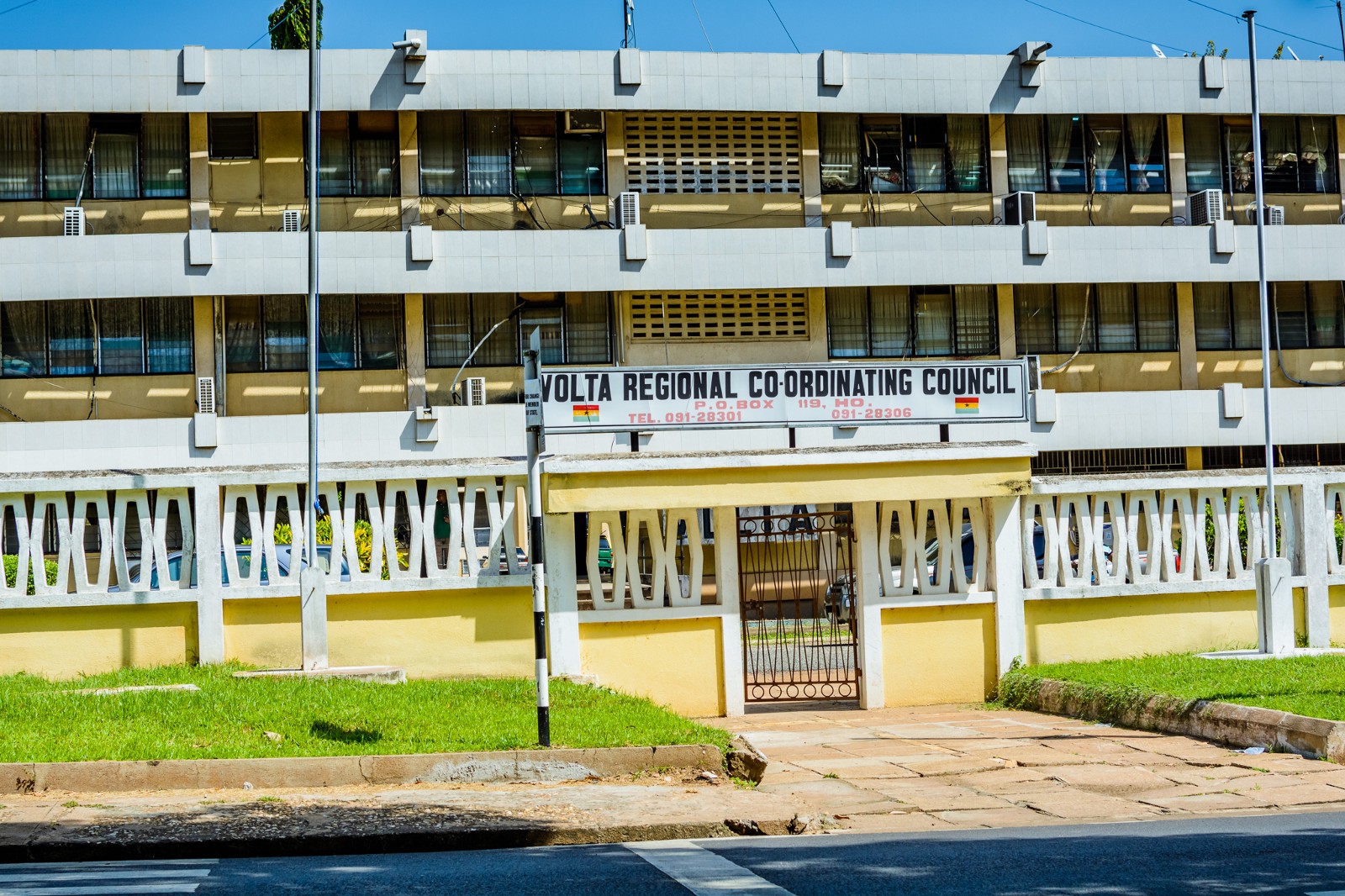Stakeholders discuss relevance of Deputy Regional Ministers
 A roundtable discussion to deliberate the relevance of Deputy Regional Ministers in governance has been held in Bolgatanga.
A roundtable discussion to deliberate the relevance of Deputy Regional Ministers in governance has been held in Bolgatanga.
The discussion, which was on the theme: the relevance of Deputy Regional Ministers in Local governance, was expected to generate public debate, draw the attention of major stakeholders particularly the government with the ultimate objective of building consensus around the topic.
It was sponsored by the Robert Bosch Stiftung and organised by TEERE, an indigenous Non-Governmental Organisation operating in the Upper East Region.
Speaking on the theme, Dr Abdulai Darimani, Head of Local Government Studies and a Local Government expert argued that the relevance of Deputy Ministers could be enhanced in the local governance system if the governance system assigned some additional but specific responsibilities to such positions.
He further stated that the overall thrust of decentralisation and local governance was to accelerate the pace of economic transformation for poverty reduction and shared prosperity.
Dr Darimani expressed optimism that the President and Cabinet were the most relevant officials in the country who determined the selection of Deputy Ministers.
He said in the event that the Minister was to appear before Parliament to answer questions, the Deputy Ministers may represent their Ministers.
However, if the practice persisted Parliament, especially the opposition would normally take exception and oppose the representation of the Minister.
“However, in the event of the Minister going on leave, being removed from office, or resigns from office, the Deputy Minister cannot act. The law provides that only another Minister may act, because, by appointment, the position is a Deputy Minister”.
He said Dr Darimani indicated that the inability of the Deputy Minister to act, did not make the position any less relevant to local governance. “Instead the Deputy Ministers can assist the Ministers”.
He added that “In accepting the privilege and responsibility to serve as a Deputy Regional Minister, the persons become part of the Local Government System in as much as they have become part of the managers of the human, financial and natural resources of the system”.
The Chief Executive Officer of TEERE, Prof Avea Nsoh mentioned that TEERE instituted an independent planning committee with representatives from the Regional Coordinating Council (RCC), District Assemblies, the Ghana Federation of Disability Organisations, Civil Service Organisation (CSOs), Women groups, members of the Regional House of Chiefs, the media and the organisation itself to effectively implement the TEERE local Governance Forum (TLGF).
He said TEERE successfully organised a number of fora in some selected communities including; Zorkor in the Bongo District, in the Nabdam District and two of such fora at the regional level in Bolgatanga.
According to him, the fora created avenue for citizens to meet their duty bearers to discuss development issues of concerns.
“Some issues raised needed serious deliberation by experts and practitioners, which informed the organisation of the roundtable discussion,” he added.
Source: GNA
